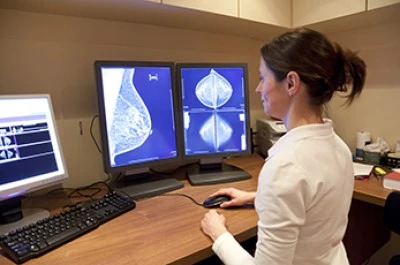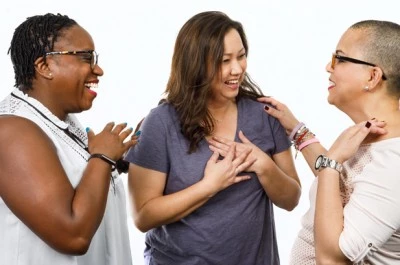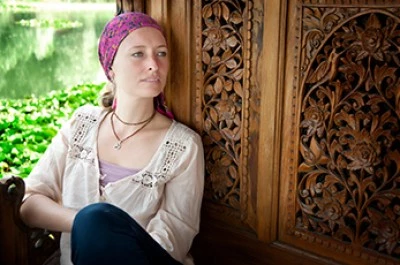Breast Cancer 101
Cancer occurs when some of the body’s cells behave abnormally—changing, growing and reproducing more than they should. In breast cancer, this abnormal growth begins in cells in the breast tissue. The term “breast cancer” actually includes a group of cancers that start in different parts of the breasts.
A breast cancer diagnosis comes with a lot of information, and it’s normal to feel overwhelmed. It also affects a young woman’s life differently. You are more likely to be single and dating, starting a career, raising young children or possibly starting a family. And cancer treatment may cause infertility, premature menopause and psychosocial issues like anxiety and depression.
But knowledge can make you stronger, especially when you’re able to learn at your own pace. We hope this information will give you confidence and a sense of control.
We are here to help support and educate young women about the disease and empower them to live their best lives. For more information on breast cancer basics, download or order our Newly Diagnosed Navigator.

Breast Cancer Diagnosis

Breast Cancer Staging

Breast Cancer Symptoms

Types of Breast Cancer
Connect with Others
Find women who know what it’s like to face breast cancer at a young age. The YSC community makes it easy to find and connect with other young survivors and co-survivors.
